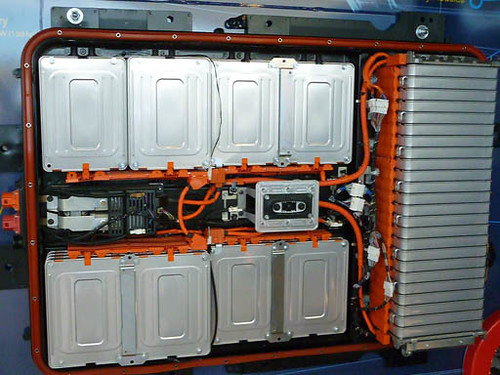My 2015 almost always shows more on the GOM then what the battery percentage is. And at full 100% charge is very rarely below 100 miles. Usually it is between 103-107, on rare occasion as high as 115 and never lower then 95. It only even shows less then 100 when my wife decided to drive home at 75mph on the freeway with the AC on.
I know that the GOM is no measure of anything substantial, but the 2015 packs are definitely an improvement.
If I recall, the pack itself is made up of a number of modules, each with 2? cells in the module. So if the cells themselves are getting smaller, or just have more capacity at the same size, there's a chance that our 2015 packs have some modules that don't have any cells in them, perhaps they are just filling space? The 30kwh pack just needs to fill those empty modules.
I know that the GOM is no measure of anything substantial, but the 2015 packs are definitely an improvement.
If I recall, the pack itself is made up of a number of modules, each with 2? cells in the module. So if the cells themselves are getting smaller, or just have more capacity at the same size, there's a chance that our 2015 packs have some modules that don't have any cells in them, perhaps they are just filling space? The 30kwh pack just needs to fill those empty modules.

